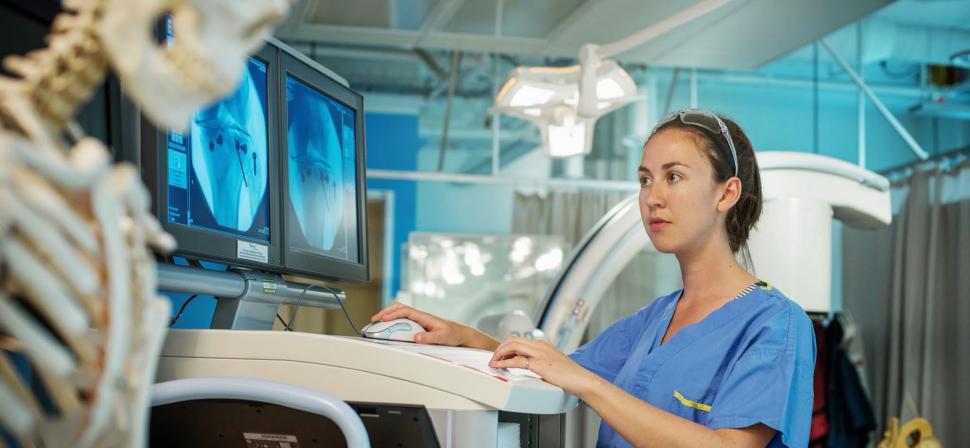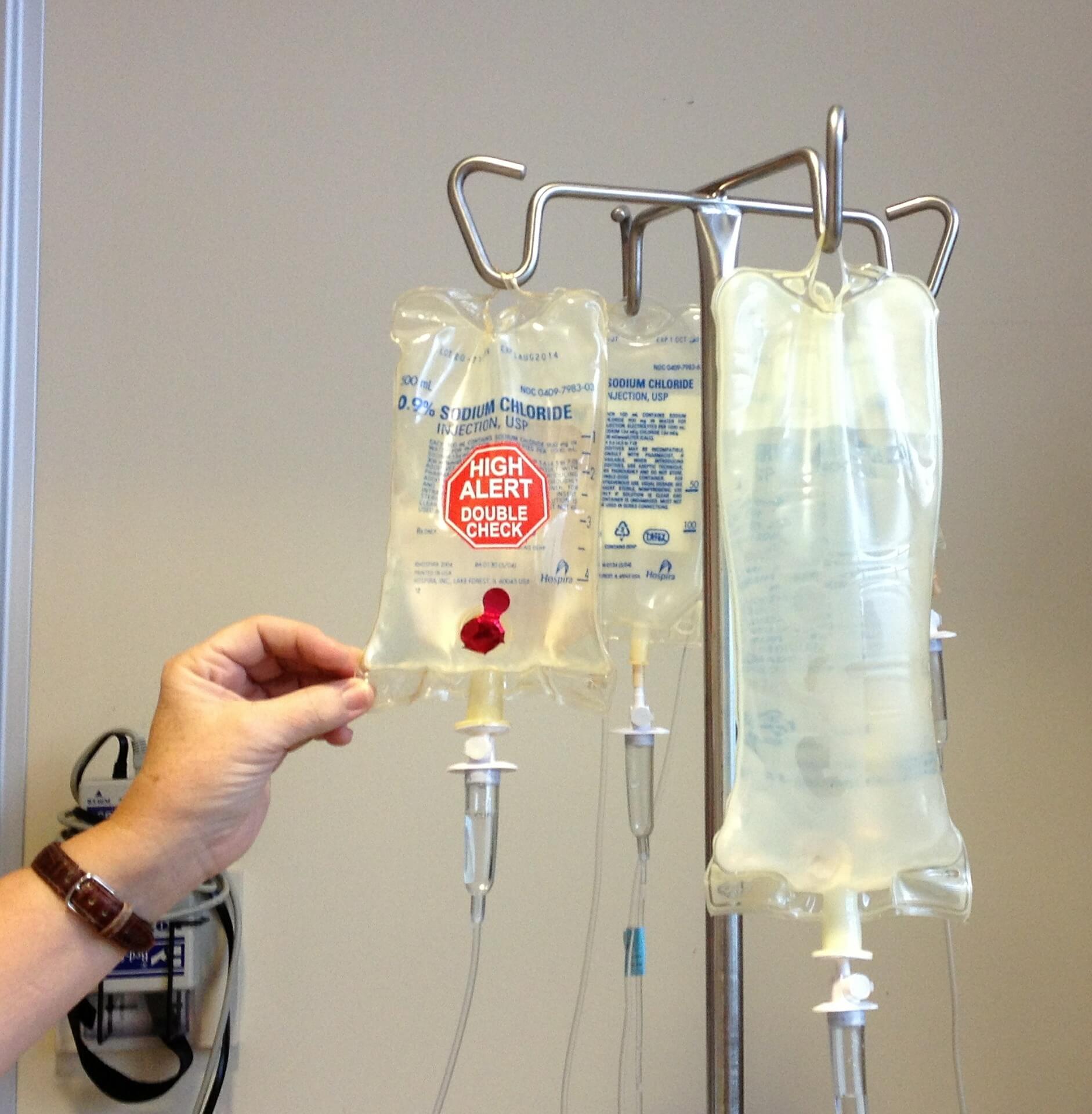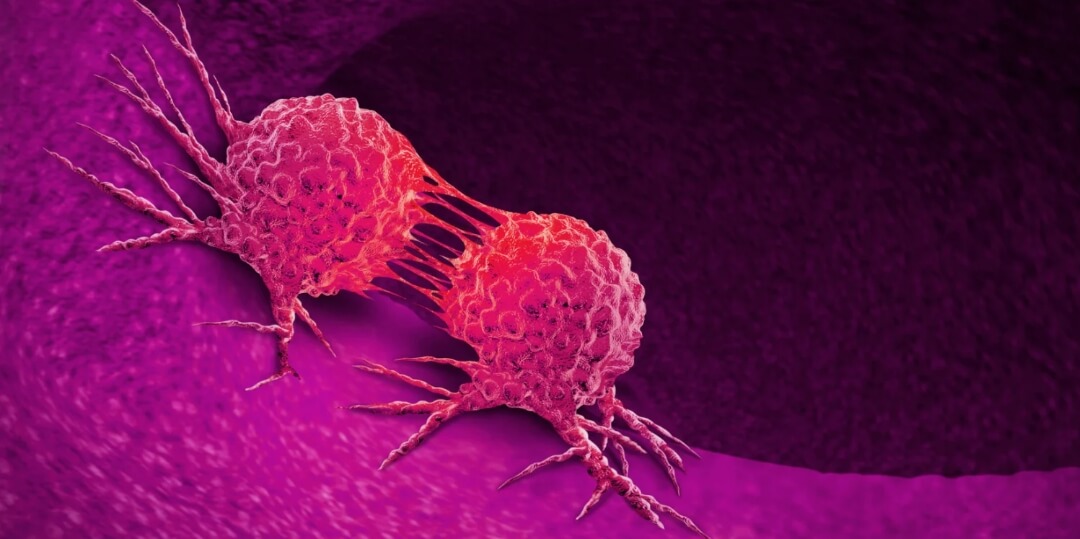
Cancer clinical trials during the COVID-19 pandemic
Clinical trials are an important part of cancer care and research because it helps to access new methods of treatments and helps improve care. COVID-19 pandemic has heavily disrupted services of different diseases, cancer clinical trials being the most disturbed. Risk of COVID-19 infection forced researchers to pause recruitment of patients. Another reason for the halt of cancer clinical trials is the lack of funding to cancer studies as most of the income is diverted for vaccination programs and COVID-19 medicines. Impact of cancer clinical trials today, is going to have an effect on future cancer studies and research and overall on cancer disease and its patients.
While COVID-19 has affected research into all cancer forms, the effect of the pandemic has varied between types of cancer. Research into cancers that affect children and young people, for instance, was less disrupted by COVID-19. One explanation for this is that kids are at a lower risk of developing serious COVID-19 symptoms than adults, including kids with cancer, so some trials could safely continue to recruit patients during lockdown. Fortunately, the situation is beginning to change, with an increasing number of stalled trials in some of their testing sites now restarting recruitment. A second wave of COVID-19, however, risks once again undermining cancer studies and reversing progress towards recovery. To stop this we need to avoid another national clinical trial pause and help restart trials in order to continue running through potential COVID-19 waves.
How telemedicine is helping?
Slowly the situation is returning to normal as cancer clinical trials are resuming again after the industrial lockdown all over the world was lifted at the end of August. Even though the number of patients is increasing for clinical trials, the speed of recovery for different cancer types is different. To reduce the risk of infection, limited patients are coming to the hospitals for routine assessments. Many of the hospitals have started administering the trials from home, where nurses and medical employees went to patients, carrying backpacks with medical supplies, wearing personal protective equipment, advised patients and provided basic care such as collecting blood samples. According to the findings of two polls of clinical trial investigators and a series of recent commentaries by clinical trial leaders, greater use of telemedicine has emerged as one of the positive improvements to cancer clinical trials that could be continued after the pandemic has passed. The use of electronic signatures for patient consent forms, online tracking of clinical trial outcomes, and the distribution of oral drugs directly to patients involved in clinical trials are other improvements to trials during the pandemic that may be implemented into future research.
Future of clinical trials
According to the findings of two polls of clinical trial investigators and a series of recent commentaries by clinical trial leaders, greater use of telemedicine has emerged as one of the positive improvements to cancer clinical trials that could be continued after the pandemic has passed. The use of electronic signatures for patient consent forms, online tracking of clinical trial outcomes, and the distribution of oral drugs directly to patients involved in clinical trials are other improvements to trials during the pandemic that may be implemented into future research.



















